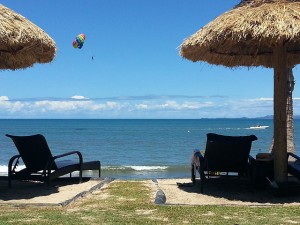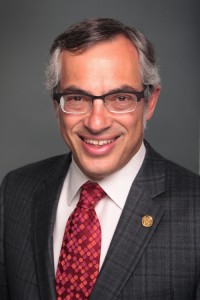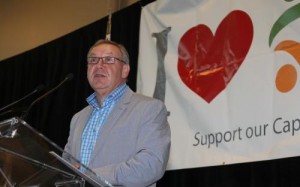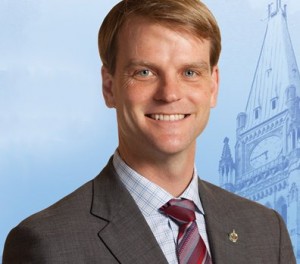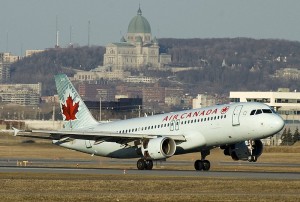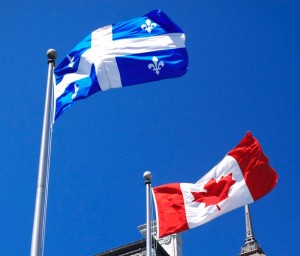
Diane Francis says Canada needs to do more create its own version of Silicon Valley in order to obtain the economic benefits that tech entrepreneurs can provide
Francis says that skilled entrepreneurs can provide the type of economic boost that a country cannot ignore:
Canada has been America’s farm team for centuries, providing brawn, brainpower and talent to feed its mighty industries. But the contest for talent has never been greater, notably for those technology entrepreneurs who are capable of invention, innovation and single-handedly replicating the GNP of small states.
She applauds Citizenship and Immigration Minister Jason Kenney’s May visit to the U.S. to recruit technology workers facing H-1B problems, and argues that the Canadian government needs to do more campaigns like this.
With the CEOs of American technology giants lobbying for greater government action to attract foreign tech talent to the U.S., Congress won’t stand still Francis says, and will try to match Canada’s Start-Up Visa program.
The federal government should be looking to add to its efforts now, to match the inevitable response by the U.S. government.
Not only should Canada be recruiting foreign tech workers living in the U.S., it should also be encouraging immigration by Americans themselves, who could find Canada’s tech clusters, a midst world class urban centres enticing, she argues.
Francis notes that the Government of Canada has a $500 million Venture Capital Action Plan in the works, which will subsidize Canadian venture capital firms that invest in Canadian start-ups.
Government subsidies like these, Francis says, are alone not enough to create a “technology venture capitalist marketplace” however, and the federal government should also be scaling up the Start-Up Visa program and increasing tax breaks for entrepreneurs.
A focus on economic impact of immigration
Francis’ call to action on attracting foreign entrepreneurs is one of several in a series by influential Canadian individuals and prominent Canadian institutions urging the country to make a more concerted effort to extract economic benefits from immigration.
Other than pushing for more entrepreneur friendly immigration programs, the other area of immigration policy that pundits have repeatedly pressed the country to give more attention to has been building on Canada’s strengths as a destination for international students and increasing the foreign student population.
This has included calls to make it easier for international students already in Canada to become permanent residents.
The provincial governments have also called on the federal government to increase the role of the provinces in selecting new Canadians. They say that the Provincial Nominee Programs (PNPs) allow them to select immigrants that meet their unique economic needs.

